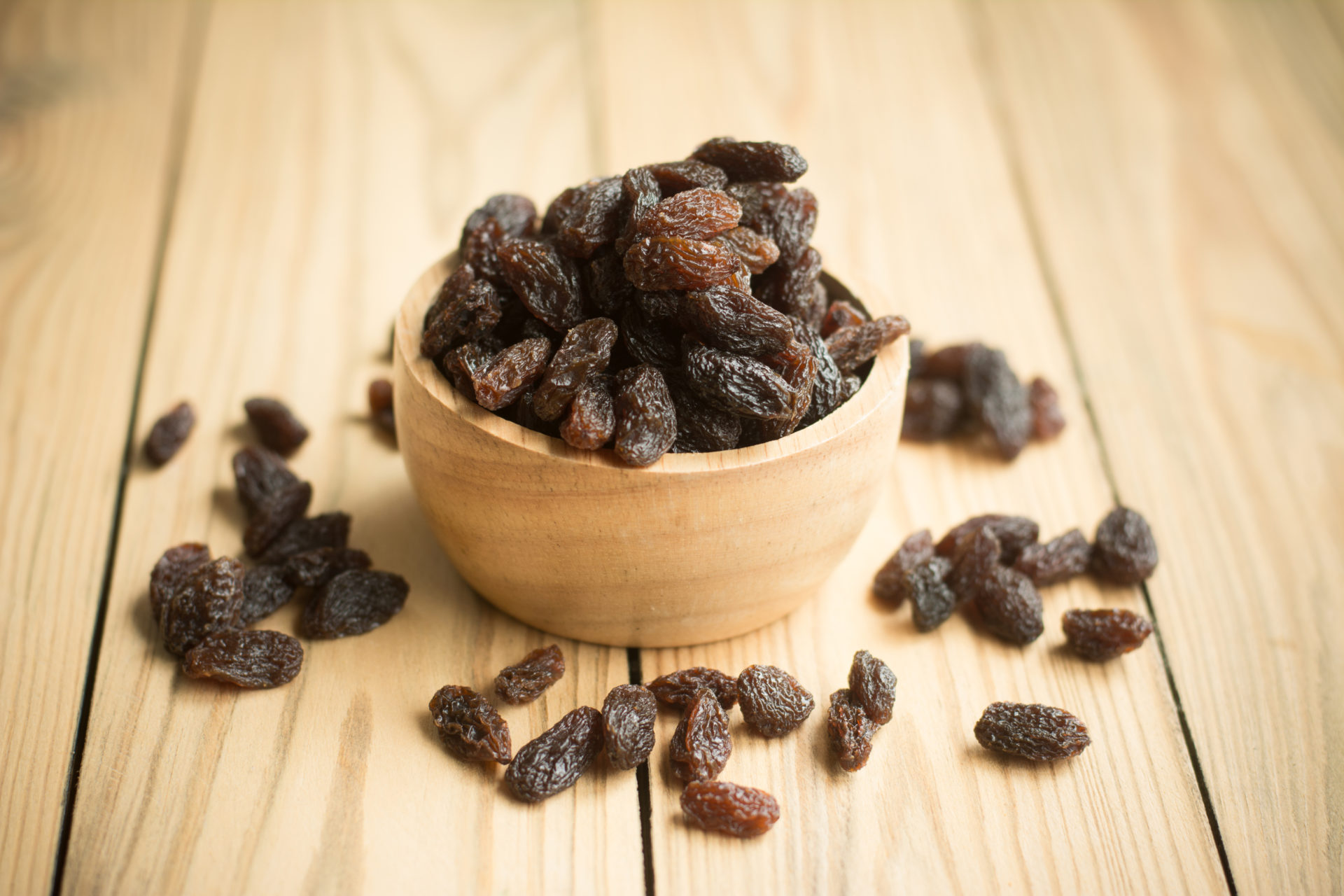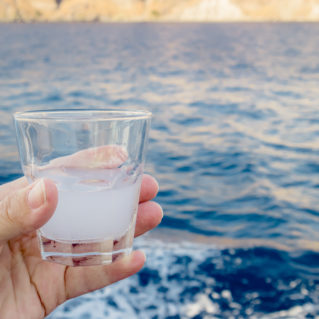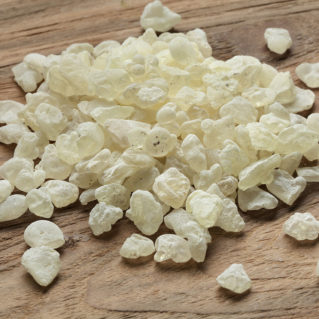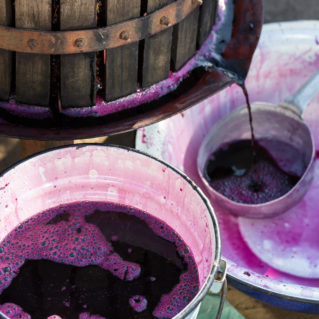Raisins are dried grapes and in Greece is a very popular and healthy snack. In Crete, for example, raisins, must and honey are the three most important sweeteners.
Grapes as well as in their dried form have been known since antiquity. There are references to ancient texts, as there was the proverb of “ανθρώπου γέροντος ασταφίς η κεφαλή” (“the old man’s raisin head”), which resembles the condition of the face of an elderly person with a raisin.
There are two types of raisins in Greece: white or better known as sultana and black.
Sultana raisin
Sultana or sultanina is the vine variety that delivers a fine quality of table grapes that are large, durable and kernel-free. It usually ripens towards the end of July-early August. Its name is Italian and probably came from the fact that this variety was imported by the Sultan. Others believe that it derives its name from the region of origin of the variety, the “Sultanate” of northern Iran (12th century) and spread to Asia Minor. This raisin arrived in Greece in 1838 via Smyrna, and it grew especially after 1922 and especially in the area of Crete. Greece is the 5th largest producer of sultanas worldwide.
Sultanas can be used in cake recipes (raisin cake with olive oil), in strudel, in sweets but can also be eaten as a snack.
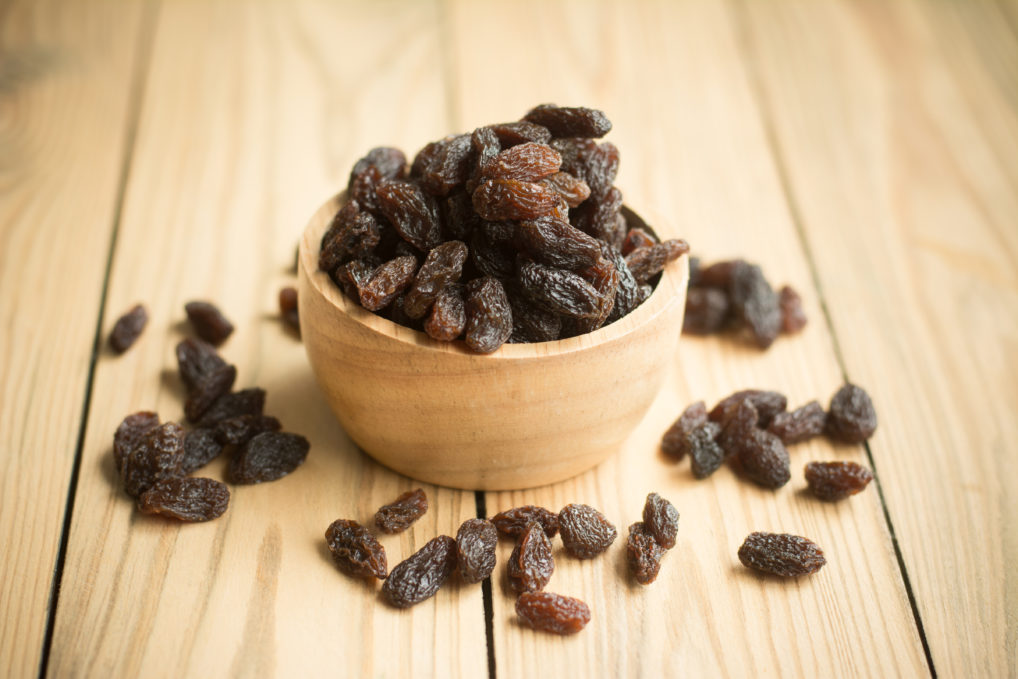
Black raisin
In Greece, the most popular black currant variety is Corinthian. Producers harvest the black currant fruit in August and allow it to dry in the threshing floor (outdoor areas). After about 8 days, depending on the weather, they turn it around to dry it out. After a few days, usually 3, they remove the grape from the stalk and go for processing, where all foreign bodies are discarded and the coarse grapes are separated from the small ones.
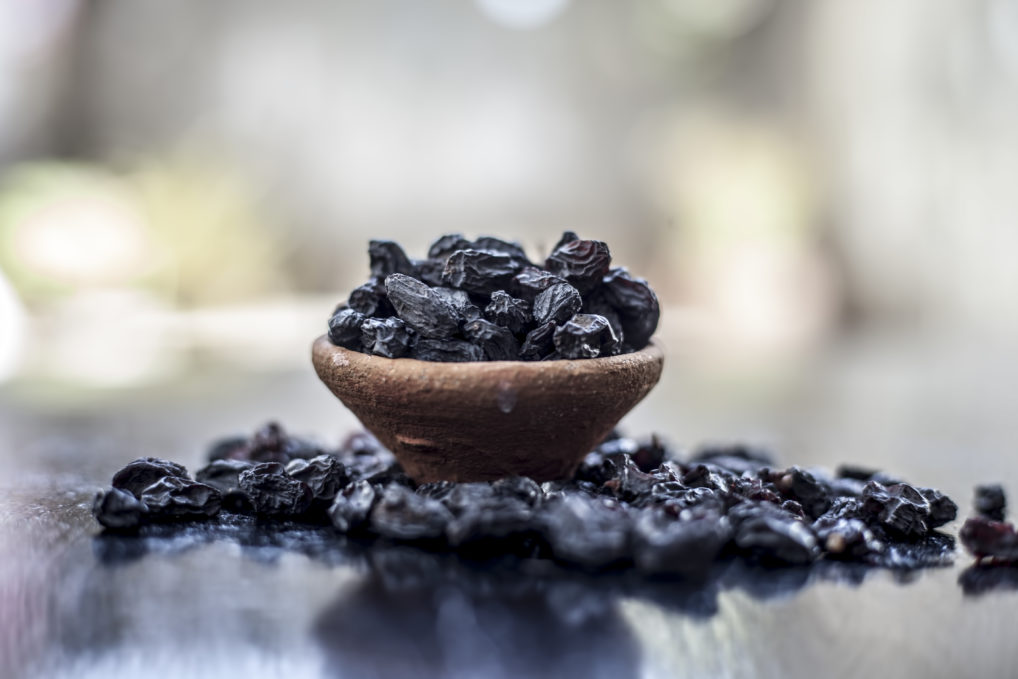
The benefits of raisins
Raisins are a fairly nutritious food that provides adequate amounts of vitamins, minerals, phenols, trace elements, fructose and glucose depending on the calories they produce.
- Strengthens the immune system with its antioxidant and anti-aging properties
- Contains fiber that helps the bowel function and lower cholesterol
- It is high in iron, so it helps in the fight against anemia
- It contains vitamins A and B that help in vision, growth, metabolism and production of red blood cells. This improves memory, helps concentrate and boosts mood
- Contains selenium that protects against cardiovascular disease
- It reduces the growth of germs in the oral cavity by preventing the growth of caries thanks to oleic acid
It should be consumed in moderation due to its calories when consumed in large quantities.

